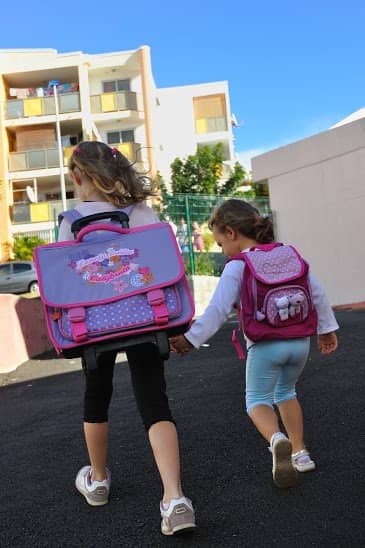The debate about how divorce affects kids has been going on for a long time. Some people think divorce is bad for children, causing emotional problems, behavior issues, and trouble in school. They believe kids do better in a stable, two-parent home and that divorce disrupts their lives.
Others think divorce isn’t always bad for kids, especially if the marriage has a lot of conflict, abuse, or neglect. In these cases, they believe divorce can be good, giving kids a chance to live in a healthier environment.
So the big question, is divorce really bad for kids?
I know you’re wondering about the answer, especially since you’re thinking about getting a divorce from your partner. Before answering this complex question, let’s look at how divorce can affect kids’ mental health, their academic life, and social behavior.
Emotional and Psychological Impact of Divorce on Children
You might feel the loss of your family structure, face loyalty conflicts, and experience grief, anger, or uncertainty. Here are some common emotional and psychological effects your kids might go through:
- Feelings of abandonment, sadness, and loss
- Anxiety and fear about the future
- Anger and resentment towards one or both parents
- Conflicts about loyalty and the urge to “choose” between parents
- Trouble trusting and building healthy relationships
- Low self-esteem and feelings of inadequacy
How Divorce Affects Children’s School Performance
Divorce can impact your child’s mental health and their performance in school. Kids from divorced families might get lower grades, score lower on tests, and not go as far in their education compared to kids from families that stay together.
But, this isn’t always the case. How well a child does in school after a divorce can depend on many things. These include how good the relationship is between the child and their parents, how involved the parents are in their child’s education, and what resources and support are available.
How Divorce Affects Children’s Behavior and Social Life
Divorce can also affect how kids behave and interact with others. Some studies show that children of divorced parents might have more behavioral problems like aggression, trouble with the law, and substance abuse compared to kids from families that stay together.
Kids from divorced families might also find it harder to build and keep healthy social relationships. They might struggle with trust, closeness, and talking to others. This can make it hard for them to make and keep friends and have good romantic relationships in the future.
Is Divorce Really Bad for Your Children?
It depends. Reality is, they can face psychological, academic, social, and behavioral issues. These negative effects of divorce are common, but here’s the light of hope, whether these effects are temporary or long-lasting is up to you.
When parents divorce,the first good thing for your kids is that they no longer live in a toxic environment. If you co-parent well, divorce can be positive for your children. Although they might have a tough time for a few months, everything will be fine if you handle it right.
Here’s what you need to focus on:
- Parental Conflict: Keep the conflict and hostility to a minimum. The less fighting, the better your child will be.
- Parenting Quality: Stay positive, supportive, and nurturing. Your ability to maintain a good relationship with your children will help them a lot.
- Socioeconomic Status: Pay attention to the financial side of things. Stability and access to resources are important for your child’s well-being.
- Age and Developmental Stage: Consider your child’s age and stage of development. Younger kids and teens might cope differently, so adapt your approach accordingly.
- Social Support: Lean on your support systems. Family, friends, and community resources can make a huge difference for your children during this time.
By focusing on these factors, you can make sure your divorce is as positive an experience for your children as possible.










